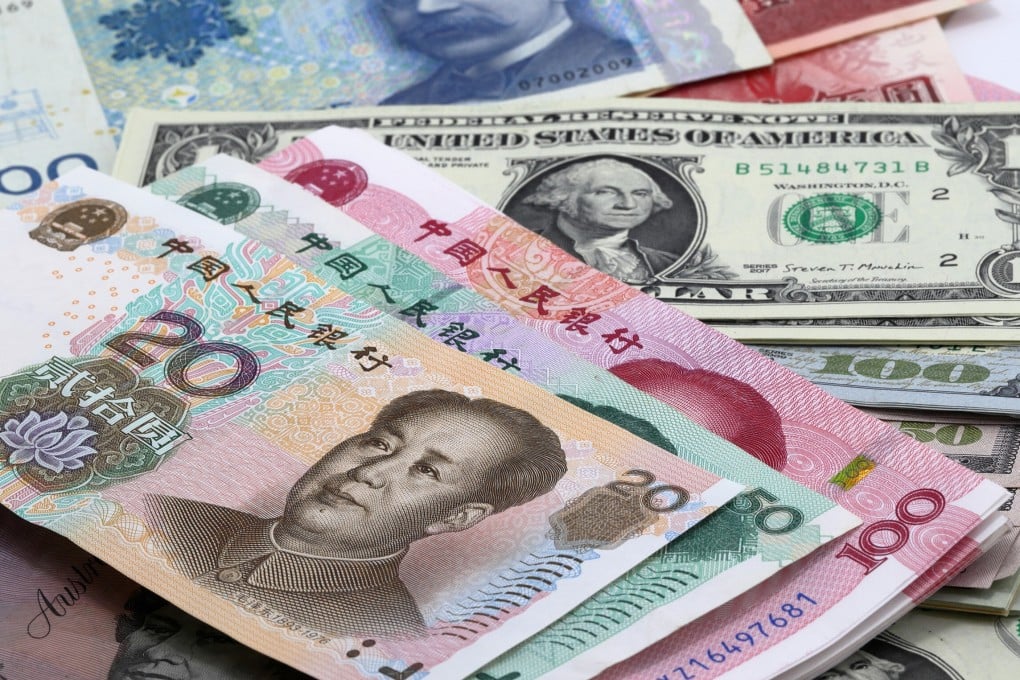China urged to develop its own international payment system to counter risk of US financial sanctions
- Chinese economists weigh in on possible measures to insulate China from Washington’s response to the implementation of a national security law in Hong Kong
- Dethroning the US dollar’s global dominance is said to be a long-term project, so other mitigating measures must be explored to promote use of the yuan in the short term

Chinese researchers and former officials have increased the urgency of their calls for Beijing to insulate the country from the potential risk of being cut off from the US dollar payments system, as new US government sanctions are expected to punish officials involved in the implementation of Hong Kong’s new national security law, and the financial institutions that do business with them.
There also appears to be a growing concern in Beijing that the United States could take advantage of the dominant role of the US dollar in global payments and trade to inflict pain on China. At the same time, the jury is still out on whether it is possible for China, which has been trying for the last decade to dethrone the US dollar as the anchor currency in the world, can really distance itself from the dollar payment system.
On Tuesday, a research team led by Guan Tao, chief economist with the investment banking arm of the Bank of China – one of the nation’s “big four” state banks – called for China to build its own financial transaction network, thereby diversifying investment and financing away from the US dollar system and, if necessary, changing the currency anchor in the domestic foreign exchange market.
A diversification of cross-border payment and settlement channels is key to increasing [China’s] risk-resistance ability
“A diversification of cross-border payment and settlement channels is key to increasing [China’s] risk-resistance ability,” according to the research note. Guan’s team suggested countermeasures such as creating a new messaging system for financial transactions between Hong Kong, Macau and the mainland based on the country’s existing Cross-border Interbank Payment System, which was launched in 2015, as well as further connections with non-US dollar settlement agencies.
If Washington imposes sanctions on Chinese financial institutions, it may do so through the Clearing House Interbank Payments System (Chips) – the privately owned US payments system through which the vast majority of domestic and international transactions in US dollars flow – rather than via the Belgium-based Society for Worldwide Interbank Financial Telecommunication (Swift), the international messaging system for money transfers.
“If the US excludes some important Chinese banks or sovereign institutions from Chips, China should consider halting the use of the US dollar as the anchor for the domestic foreign exchange market and switch to the euro or [the International Monetary Fund’s] Special Drawing Rights,” the report said.